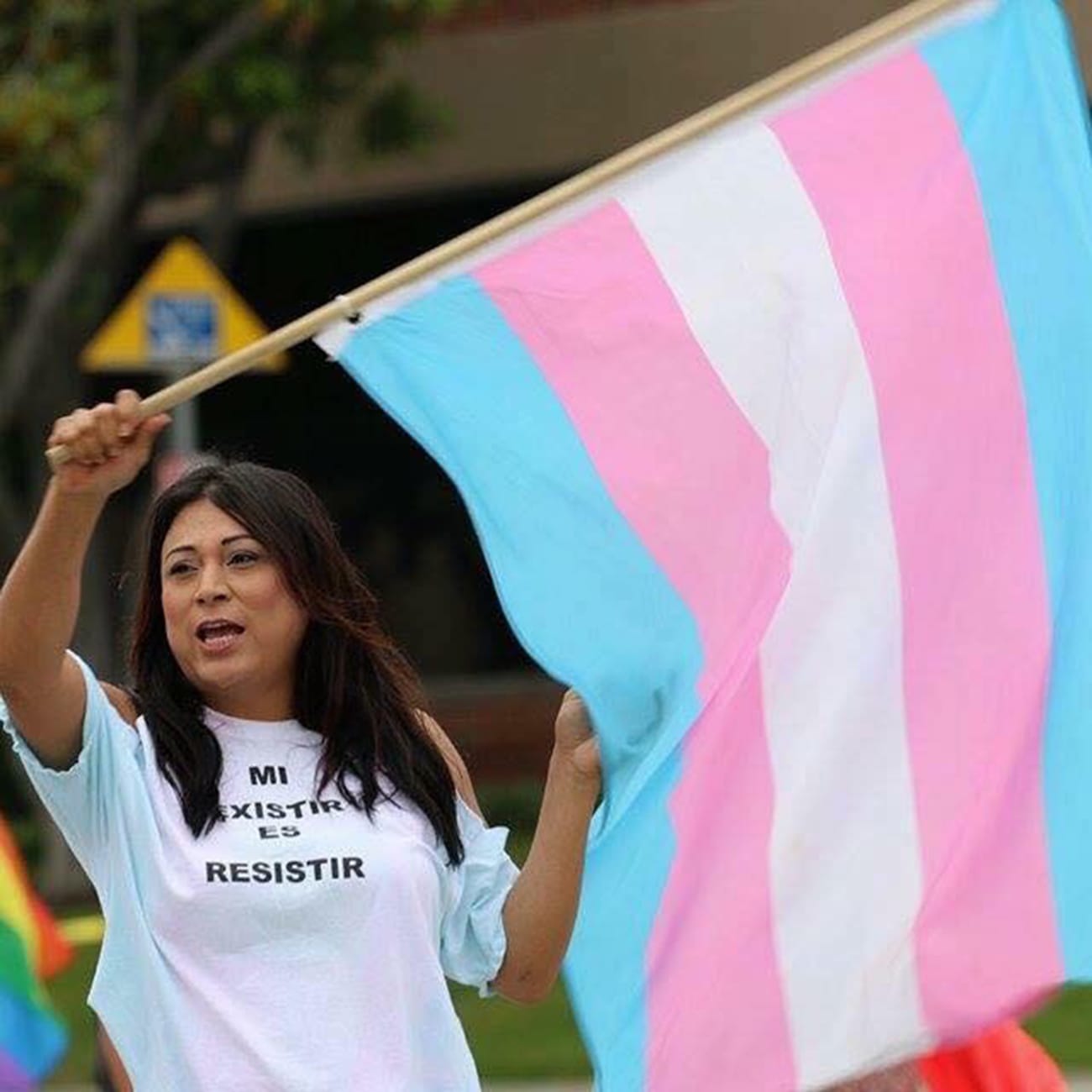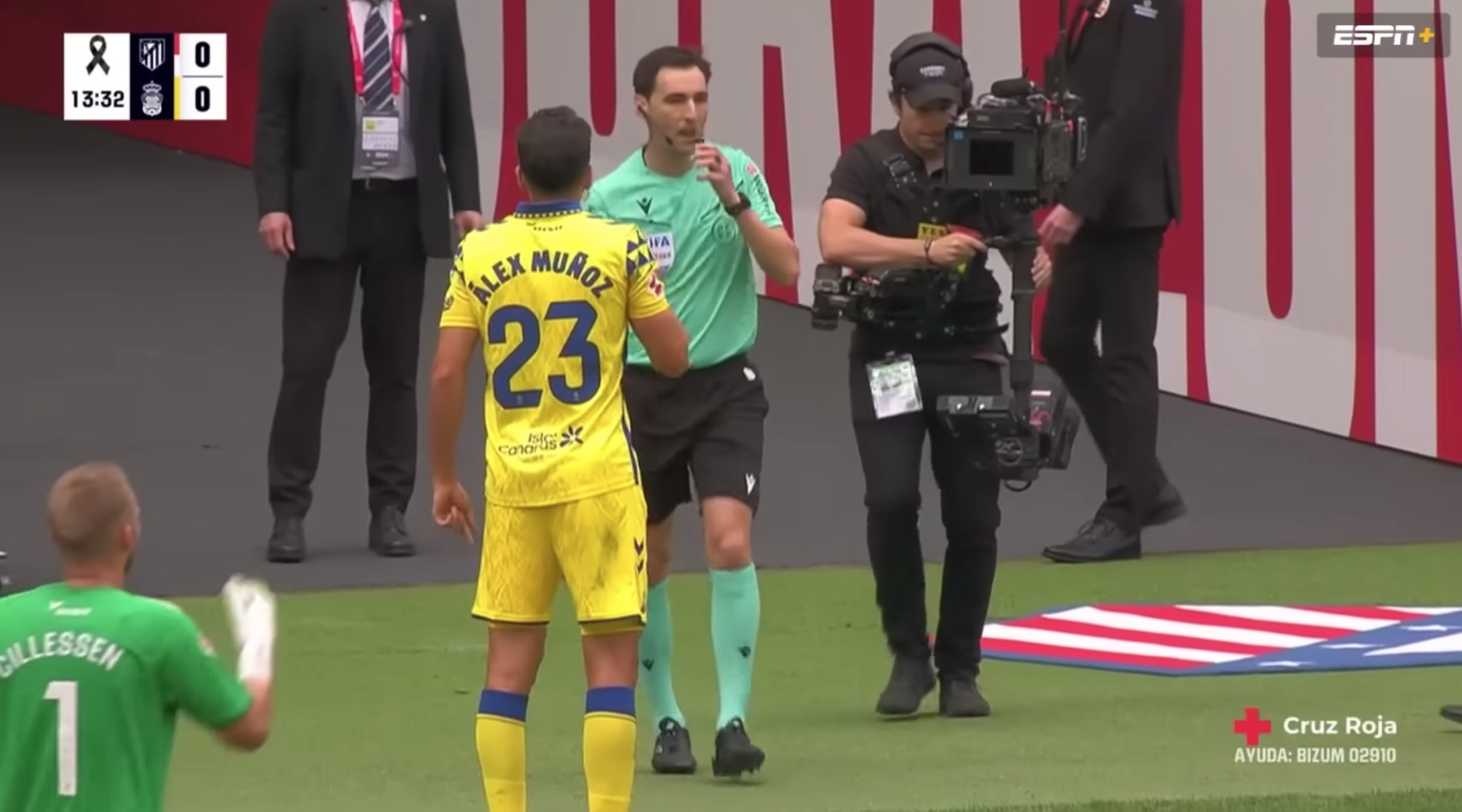Understanding The TikTok-ADHD Connection: Fact Vs. Fiction

Table of Contents
TikTok's Features and ADHD Symptoms: Potential Correlations
TikTok's design incorporates several features that might appeal to individuals with ADHD. Understanding these potential correlations is crucial to navigating the platform responsibly.
Short-Form Video and Attention Span
TikTok's short, engaging videos might seem perfectly tailored to individuals with ADHD. The platform's structure inherently caters to shorter attention spans.
- The dopamine rush from frequent positive reinforcement (likes, comments): The immediate gratification of likes and comments can trigger dopamine release, reinforcing the behavior and encouraging further engagement.
- The constant novelty preventing boredom and inattention: The endless stream of new videos keeps the brain stimulated, combating the boredom and inattention often associated with ADHD.
- The easily digestible content format aligning with shorter attention spans: Unlike longer-form content, TikTok videos are easily consumed, fitting within the shorter attention spans frequently experienced by those with ADHD.
Hyperfocus and Binge-Watching
Another aspect of the TikTok-ADHD connection is the potential for hyperfocus. TikTok's algorithm, designed to keep users engaged, can contribute to extended periods of use. This can manifest as what seems like hyperfocus, but it's crucial to differentiate this from healthy engagement.
- The "For You" page's personalized content fueling extended viewing sessions: The algorithm's personalization creates a seemingly endless stream of relevant content, potentially leading to hours of uninterrupted scrolling.
- The potential for negative consequences of neglecting responsibilities due to extended use: While hyperfocus can be beneficial in some contexts, excessive TikTok use can lead to neglecting work, school, or other important responsibilities.
- The difference between healthy engagement and problematic hyperfocus: It's vital to distinguish between productive use of time and problematic hyperfocus driven by the platform's addictive design.
Does TikTok Cause ADHD? Addressing the Causal Relationship
While there are potential correlations between TikTok use and ADHD symptoms, it's crucial to understand that TikTok does not cause ADHD. This is a fundamental point often missed in discussions surrounding the TikTok-ADHD connection.
The Lack of Scientific Evidence
Currently, there's a lack of conclusive scientific research establishing a direct causal link between TikTok use and ADHD.
- Correlation does not equal causation: Observed correlations between TikTok use and ADHD symptoms don't prove a causal relationship. Many factors could contribute to this observed correlation.
- The existing studies need to be further explored and verified with more robust methodology: More rigorous research is needed to definitively determine the nature of the relationship between TikTok use and ADHD.
- The importance of separating pre-existing conditions from the effects of social media: Many individuals using TikTok may already have ADHD or other conditions impacting their attention and behavior.
TikTok as a Symptom Exacerbator
Even without causing ADHD, TikTok's features might exacerbate existing symptoms or challenges for individuals with the condition.
- Increased impulsivity and difficulty regulating behavior due to immediate gratification: The constant stream of rewarding content can reinforce impulsive behaviors and make it harder to regulate behavior.
- Sleep disruption from late-night scrolling: The highly engaging nature of TikTok can interfere with sleep patterns, further impacting focus and attention.
- Negative impact on productivity and academic/professional performance: Excessive TikTok use can lead to decreased productivity and negatively affect academic or professional performance.
Responsible TikTok Use and ADHD Management Strategies
For individuals with ADHD, managing TikTok usage responsibly is essential for overall well-being. This involves setting boundaries and seeking professional support when needed.
Setting Time Limits and Boundaries
Implementing strategies to control TikTok usage is crucial for anyone, especially those with ADHD.
- Utilizing built-in screen time limits: Leverage the screen time management features available on most smartphones.
- Scheduling specific times for TikTok usage: Allocate dedicated time slots for TikTok, preventing it from encroaching on other essential activities.
- Employing productivity apps to block access during focused work periods: Use apps designed to restrict access to distracting apps during periods requiring concentration.
Seeking Professional Help
If you're concerned about your TikTok use or suspect you might have ADHD, seeking professional help is vital.
- Importance of seeking a proper diagnosis from a qualified healthcare professional: A proper diagnosis is crucial for appropriate treatment and management of ADHD.
- Benefits of cognitive behavioral therapy (CBT) in managing ADHD: CBT can help individuals develop strategies for managing impulses and improving attention.
- Exploring strategies for healthier social media engagement: Therapists can provide guidance on navigating social media platforms like TikTok in a healthy and balanced way.
Conclusion
The TikTok-ADHD connection is complex. While TikTok's features may correlate with ADHD symptoms, it doesn't cause the disorder. Responsible usage, including setting limits and seeking professional help if needed, is crucial. Approach the issue with critical thinking and prioritize seeking a proper diagnosis and management of ADHD, regardless of your TikTok usage. For more information on ADHD and responsible social media use, consult reputable resources such as the [link to relevant resource]. Remember, understanding the potential impact of TikTok and proactively managing your digital well-being is key to a healthier and more productive life.

Featured Posts
-
 Broadcoms V Mware Acquisition At And T Highlights Extreme Cost Increase
Apr 29, 2025
Broadcoms V Mware Acquisition At And T Highlights Extreme Cost Increase
Apr 29, 2025 -
 New Revelations Support Cardinal Beccius Claim Of Unfair Trial
Apr 29, 2025
New Revelations Support Cardinal Beccius Claim Of Unfair Trial
Apr 29, 2025 -
 20 000 Demonstrate The Growing Fight For Transgender Equality
Apr 29, 2025
20 000 Demonstrate The Growing Fight For Transgender Equality
Apr 29, 2025 -
 Porsche 911 Za 1 33 Mln Zl Dlaczego Ten Model Cieszy Sie Tak Duza Popularnoscia
Apr 29, 2025
Porsche 911 Za 1 33 Mln Zl Dlaczego Ten Model Cieszy Sie Tak Duza Popularnoscia
Apr 29, 2025 -
 Analisis Del Rendimiento Goleador De Alberto Ardila Olivares
Apr 29, 2025
Analisis Del Rendimiento Goleador De Alberto Ardila Olivares
Apr 29, 2025
